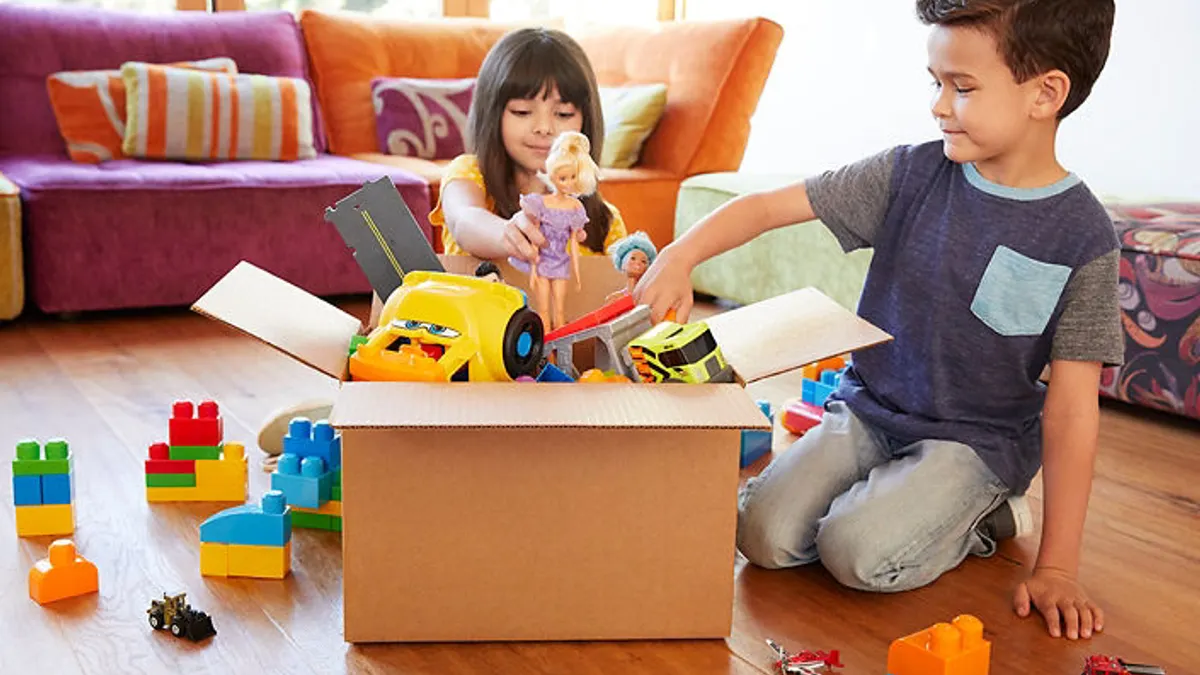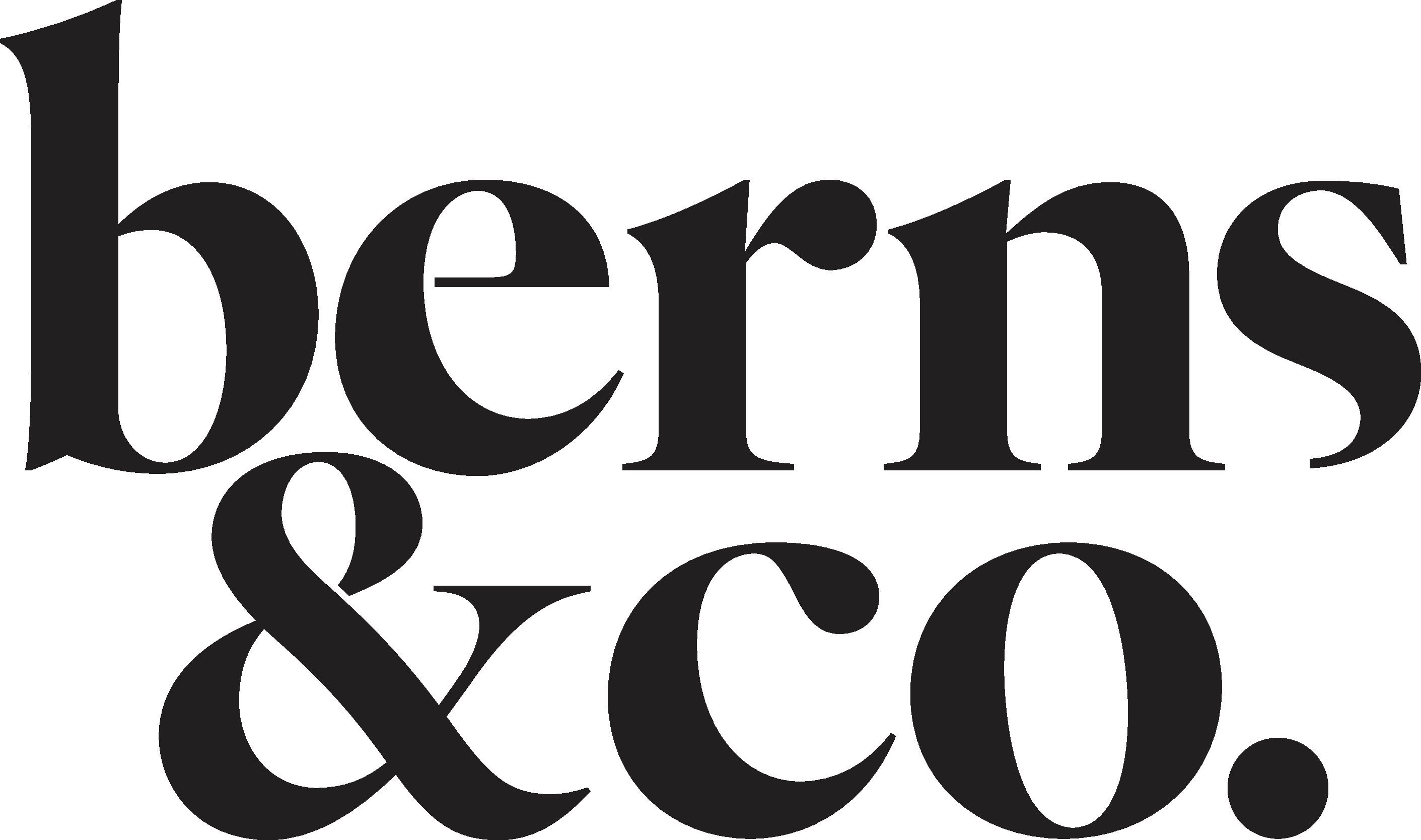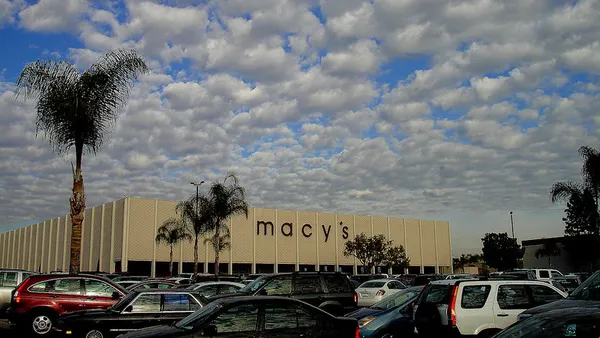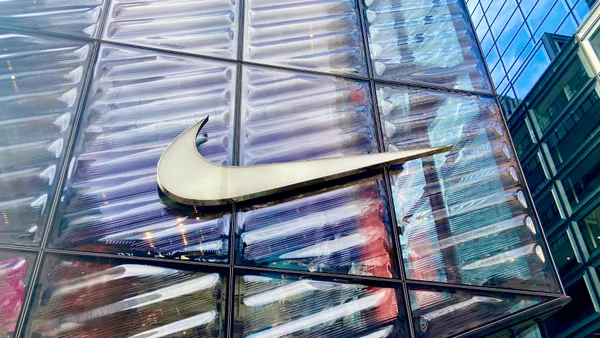Dive Brief:
- Mattel CEO Ynon Kreiz said the toy company will take “pricing action in our U.S. business” where necessary in response to tariffs and global trade uncertainty.
- The company is further diversifying its supply chain and optimizing its product sourcing and mix, the chief executive said on a Monday call with analysts.
- The statements were made alongside Q1 earnings. For the quarter, net sales were up 2% year over year to $827 million, while net loss widened 42% to $40.3 million.
Dive Insight:
Under the current tariff structure, Mattel expects price increases will first be seen in Q3, executives told analysts on a Q1 earnings call. The increases will be done in collaboration with Mattel’s retail partners, but the toy company expects that between 40% to 50% of its U.S. product mix will be priced at $20 or less, according to Kreiz.
“We are taking a strategic approach to pricing across the portfolio and have [a] very flexible framework that can quickly adapt should the … tariffs change,” Chief Financial Officer Anthony DiSilvestro said.
The company is in a position to gain shelf space if retailers experience shortages. “Given our unique capabilities and advantages, there is potential upside if there is product shortages generally or opportunities to gain additional shelf space,” DiSilvestro said.
By 2027, no one country will represent more than 25% of Mattel’s total toy production. Mattel currently sources products from a combination of owned and third-party vendors in seven countries.
The company is accelerating its pullback from China. For the U.S., less than 20% of Mattel’s global production comes from the country. Mattel plans to reduce that further, to below 15% by next year and below 10% by 2027.
This year, the company will relocate production of 500 toy SKUs from China to other locations, up from 280 SKUs that were relocated in 2024.
This is different from most other players in the space — nearly 80% of toys imported into the United States overall come from China. Around 96% of American toy companies are small- and medium-sized businesses and nearly half could shutter due to U.S. tariff policies, according to The Toy Association.
As Mattel is positioning itself to alleviate the impact of tariffs, executives said they support the Toy Association advocating for zero tariffs on toys and games globally.
“We are confident about the mitigating actions we are taking, which are designed to fully offset the potential incremental cost impact of tariffs on future performance,” Kreiz said. “Our international business, which comprises roughly half of our overall revenue, is not expected to be materially impacted by tariffs.”
Mattel is pausing its full-year guidance due to the evolving tariff environment and unpredictable consumer spending. The company also said that it is increasing its cost savings target for the year to $80 million versus its previous objective of $60 million. The company is on track to achieve total program savings of $200 million by 2026.
“Historically, the toy industry has proven to be resilient during uncertain times, and we believe Mattel is in a much better position than the industry to adapt efficiently to the changing market conditions,” Kreiz said.














